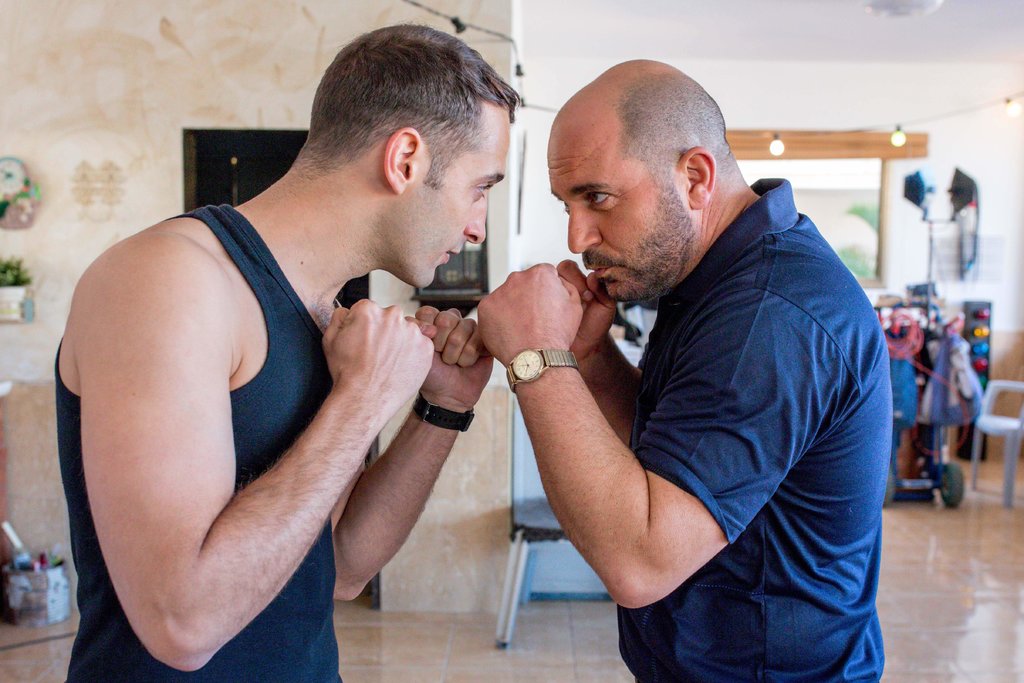The third season of Fauda, the popular Israeli miniseries developed by Lior Raz and Avi Isaacharoff, is now available on Netflix.
Expertly directed by Rotem Shamir, and featuring a first-rate cast of Hebrew and Arabic-speaking Jewish and Arab actors, this thriller transports viewers into the maelstrom of the Arab-Israeli conflict.
As in the previous two seasons, it pits a team of crack Israeli army undercover commandos against the military wing of Hamas, an organization which reigns supreme in the Gaza Strip, a crowded and desperately poor coastal enclave from which Israel withdrew unilaterally 15 years ago.
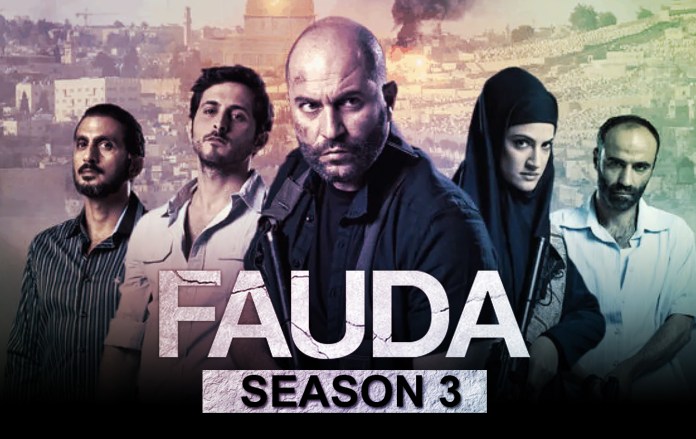
Dedicated to Israel’s destruction, Hamas is a thorn in its side, having carried out countless acts of terrorism inside the Jewish state. In its unceasing struggle to counter Hamas, an enemy fired up by political dogma and religious fundamentalism, Israel is in a constant state of confrontation with it.
Fauda, which means chaos in Arabic, unfolds in 12 episodes against an unsettling and sizzling backdrop of intrigue, deception and violence.
The central character, Doron (Lior Raz), is a stocky, dishevelled and somewhat laconic operative who looks like he’s in dire need of a shave, a shower and a lengthy rest. Recently separated from his wife, and estranged from his son but close to his daughter, he lives like a student in a dormitory. When the opportunity presents itself, he reaches out for human intimacy.
Doron’s comrade-in-arms are, among others, Steve (Doron Ben-David) and Avihai (Boaz Konforty), who gruffly relate to each other as brothers. They work alongside Hila (Marina Maximilian Blumin), an attractive woman in charge of the Gaza desk in the Shin Bet, Israel’s domestic intelligence agency. Doron’s commander, Eli (Yaakov Zada Daniel), is a hardened warrior. They all report to Gabi (Itzik Cohen), known to his associates in the Palestinian Authority, Hamas’ bitter rival, as Captain Ayub.
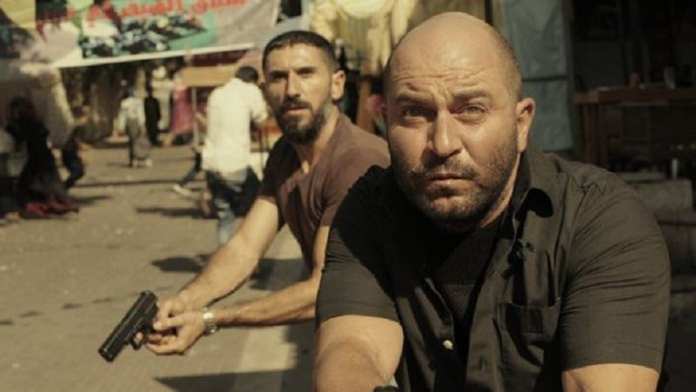
As Fauda opens, tension is boiling over. Fawze Hamdan (Amir Khativ), a Hamas gunman, is on the run, having survived an Israeli assassination attempt. Gabi suspects that Hamas has smuggled men and materiel into the West Bank, which is under Israeli occupation.
Doron, based in a West Bank village, is disguised as a Palestinian Arab named Abu Fadi. Like the fighters in his unit, Doron speaks fluent colloquial Arabic and is thoroughly familiar with Palestinian customs and greetings. In his guise as Abu Fadi, Doron has made the acquaintance of Bashar Hamdan (Ala Dakkla), a young Palestinian who aspires to be a champion boxer. His father, Jihad (Khalifa Natour), a Hamas veteran, has just been released from an Israeli prison after serving a long term.
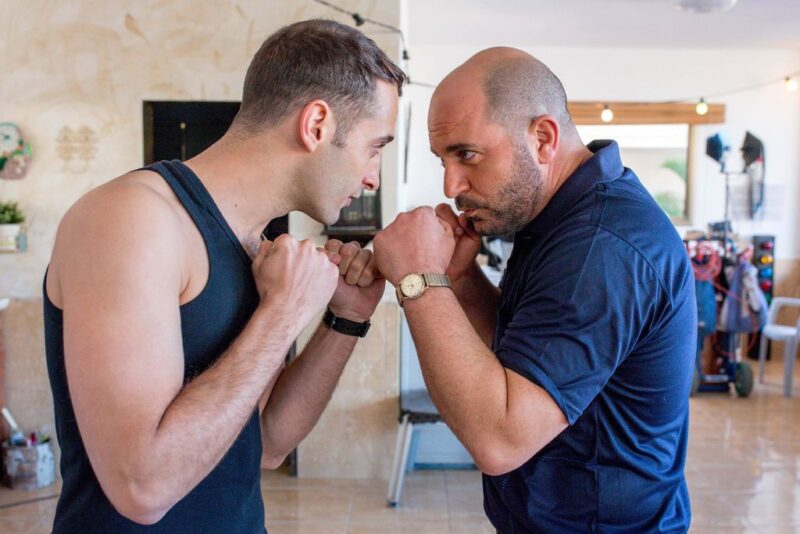
Although Doron blends in well as Abu Fadi, Fauzi Hamdan suspects he’s an Israeli collaborator. Given his friendship with Doron, Bashar’s loyalty to the cause comes under sharp scrutiny from Hamas, which is often referred to as the “movement.”
Deep-seated paranoia pervades the ranks of Hamas. To its members, Israelis are stripped down to their bare essentials. They are either “Jews” or “Zionists.” Never “Israelis.”
In a rapid succession of finely-crafted and taut scenes, Doron’s unit carries out a raid on a Hamas post in the West Bank, Jihad is threatened by Hamas commander Hani al-Jabari (George Iskandar), and Bashar and his father kidnap two Israeli hikers to prove their fealty to Hamas.
Responding to the abduction, Doron and four of his mates are sent into Gaza on a top-secret and highly hazardous mission to retrieve the Israeli couple. Their contact in Gaza is a jittery Palestinian collaborator who holds an important position in the Hamas hierarchy.
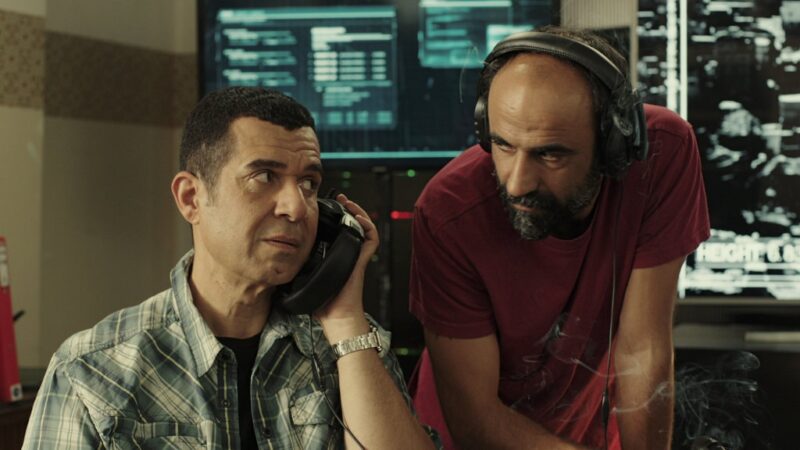
As might be expected, the mission goes sideways, resulting in the deaths of both Israelis and Palestinians. These episodes crackle with verve and excitement.
Although Fauda is certainly pro-Israel in orientation, it recognizes the value of Palestinian lives and humanity and implies that Israelis and Palestinians can coexist in peace and harmony. But since Israel’s historic dispute with the Palestinians is far from resolved, there is bound to be more bloodshed in the future, a tragedy that Fauda can draw on in forthcoming episodes.
